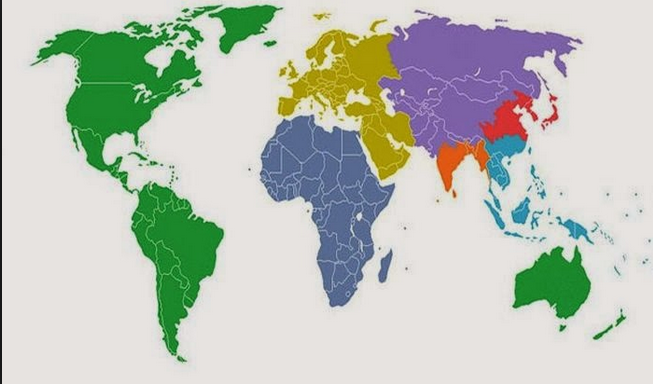In retrospect, the era of American hegemony — the moment of the “sole superpower,” when the United States was the “essential” country — was remarkably brief. It began in 1991, with the collapse of the Soviet Union, probably peaked just before 9/11, and for the past decade — under Presidents George W. Bush and Barack Obama — it has been drawing slowly and unevenly to an end. Even while it lasted, this hegemony was partly a game of smoke and mirrors. It depended on perceptions: belief in American wealth, fear of American military power, admiration for American values. It depended on the absence of opponents: the collapse of the Soviet Union, the relative weakness of China.
Above all, it depended on an American willingness to invest: in diplomacy, in military power — but above all in alliances. By forging mutually advantageous agreements with Germans or South Koreans, the United States had far greater influence than it would have had otherwise. By creating and then expanding NATO, by maintaining troops in South Korea and Japan, the United States kept parts of Europe and Asia free to choose democracy, and open for commerce and trade. Everywhere else, agreements and partnerships as well as money and armies gave the United States an outsize voice in trade and commerce, as well as matters of war and peace.
President Trump knows no history and does not have any idea how the United States became an “essential” country, let alone a superpower. But he seems to believe that he can maintain that status, and even increase it, without making investments — diplomatic, military or monetary — at all. This week, the outline of what this means — call it “hegemony on the cheap” — suddenly came into sharp focus.




